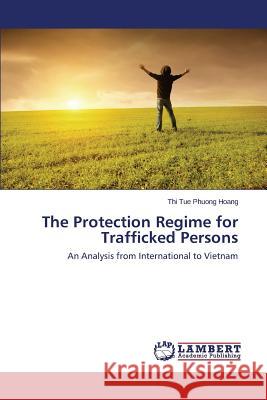The Protection Regime for Trafficked Persons » książka
The Protection Regime for Trafficked Persons
ISBN-13: 9783659534812 / Angielski / Miękka / 2014 / 488 str.
While the magnitude of human trafficking activities is increasing all over the world, the establishment of the Palermo Trafficking Protocol in 2000 can be seen as a breakthrough, especially with the obligations it imposes on states regarding protecting trafficked persons. However, in the national context of Vietnam, there are problems with the way this state has responded to the international regime. The analyses in this book argue that there are gaps between the Vietnamese response, especially with its anti-trafficking law that looks good on paper, and the requirements of international standards on protecting and assisting trafficking victims. The analyses in this book will also point out that a regime of protection of and assistance to trafficked persons which adequately responds to their protection needs creates a big challenge to Vietnamese policy makers in terms of re-conceptualizing human beings (and, in this books context, trafficked persons and migrant workers) as bearers of human rights rather than tools of the legal system, as is currently the case.











